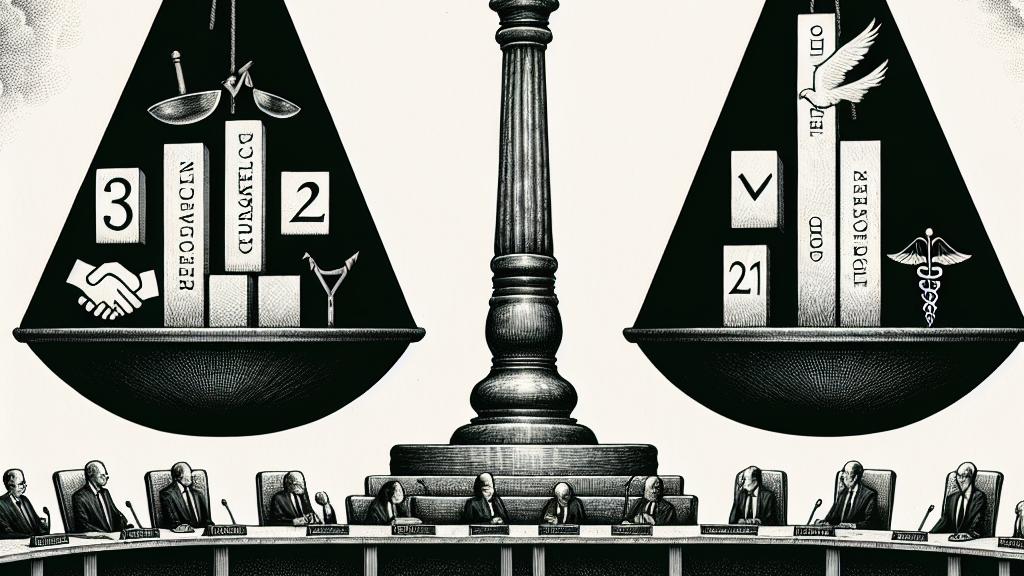Unprecedented Diet Session Following Ruling Party's Loss of Majority
Overview
- The ruling Liberal Democratic Party’s seismic shift in power has led to the opposition seizing critical committee roles.
- For the first time in 30 years, the opposition party chairs the Budget Committee, marking a significant turn in Japanese politics.
- Prime Minister Ishiba openly expresses regret, emphasizing the urgent need for unity among party members to face challenges ahead.

A Major Political Transformation in Japan
In a stunning turn of events, Japan's political landscape has dramatically transformed following the recent elections. The ruling Liberal Democratic Party (LDP) has lost its majority, a development that not only disrupts their long-standing authority but also opens doors for the opposition party, the Constitutional Democratic Party (CDP). This pivotal moment includes the CDP taking control of significant positions, such as the Budget Committee chair—a role they haven’t held for three decades. This change is monumental; it promises a newfound dynamic within legislative discussions, allowing the opposition to wield greater influence over the government's spending priorities. Just imagine how this will reshape the critical conversations around budget allocations, affecting public services that range from education to healthcare!
Prime Minister's Call for Unity and Reflection
Amidst this upheaval, Prime Minister Ishiba's response has been both candid and crucial. He took center stage during a recent LDP assembly, stating, 'We must acknowledge the voters' message and reflect on our failures sincerely.' Ishiba's heartfelt admission highlights the level of humility necessary to regain public trust. This moment could be a turning point; he emphasized that unity is not just important, but essential for navigating the turbulent political waters ahead. Moreover, Ishiba's commitment to fostering constructive dialogue with opposition figures serves as a beacon of hope for collaborative governance. His insistence on active listening and partnerships demonstrates a refreshing approach in an environment often marked by division.
Navigating New Legislative Waters
As the new Diet session unfolds, we are witnessing the dawn of a transformative era in legislative operations. With the CDP now chairing the Budget Committee, the scrutiny on government proposals is expected to rise significantly. This transition empowers opposition members, allowing them to champion policies that reflect public needs more accurately. Picture the excitement as the CDP rallies to advocate for increased funding in pivotal areas such as social welfare or environmental initiatives, which are critical in today’s climate! Furthermore, this shift enables the opposition to leverage public sentiment effectively, encouraging grassroots participation around budget discussions. The ripple effect of these changes will undoubtedly influence the effectiveness and transparency of governance, making the interactions between the LDP and CDP not only fascinating to observe but also vital for the future of Japanese democracy.

Loading...